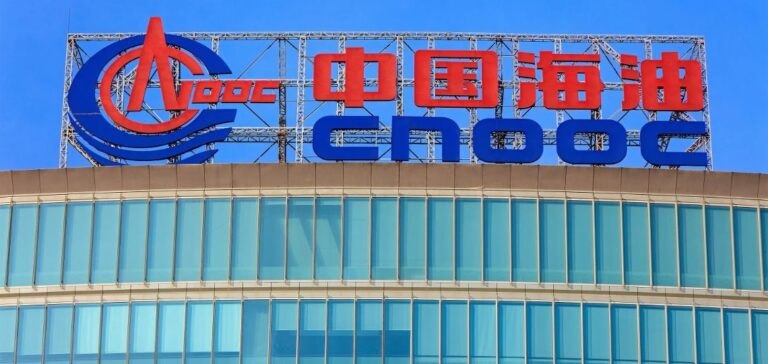China National Offshore Oil Corporation Limited (CNOOC Limited), listed on the Hong Kong Stock Exchange (SEHK: 00883, 80883) and the Shanghai Stock Exchange (SSE: 600938), has announced a major oilfield discovery in the deep and ultra-deep zones of the South China Sea. The field, named Huizhou 19-6, is located in the eastern sector of the Chinese maritime basin and adds over 100 million tonnes of oil equivalent in-place to the company’s identified resources.
The discovery was achieved through well HZ19-6-3, which was drilled to a depth of 5,415 metres. This drilling operation revealed 127 metres of hydrocarbon-bearing zones, with test production rates of 413 barrels of crude oil per day and 2.41 million cubic feet of natural gas. The field lies at an average water depth of 100 metres and is formed by the Paleogene Enping and Wenchang geological formations. The extracted oil is classified as light crude.
A geological breakthrough in active basins
CNOOC Limited’s Chief Geologist, Xu Changgui, stated that the field represented “the largest integrated clastic oilfield ever identified in the northern South China Sea in terms of geological reserves”. He explained that this discovery challenged previous theoretical assumptions about offshore oil structures, highlighting substantial potential in offshore basins characterised by high temperatures and strong geological activity.
The company noted that this result followed a reinforcement of its exploration research capabilities focused on the region’s deep and ultra-deep zones, which remain largely underexplored. CNOOC Limited is pursuing a strategy to expand its resource base by increasing exploration in complex offshore environments.
A lever for offshore growth
CNOOC Limited Chief Executive Officer Zhou Xinhuai highlighted that the discovery forms part of a series of consistent advances made in the eastern South China Sea. He noted that oilfields with over 100 million tonnes in-place had been discovered in the area for two consecutive years, transforming this region into a growth hub for national hydrocarbon production.
CNOOC Limited aims to intensify exploration and development activities to support growth in reserves and output. The company’s stated goal is to reinforce its resource base in order to stabilise operations in an energy market defined by sustained domestic demand and increasing technological competition.





















